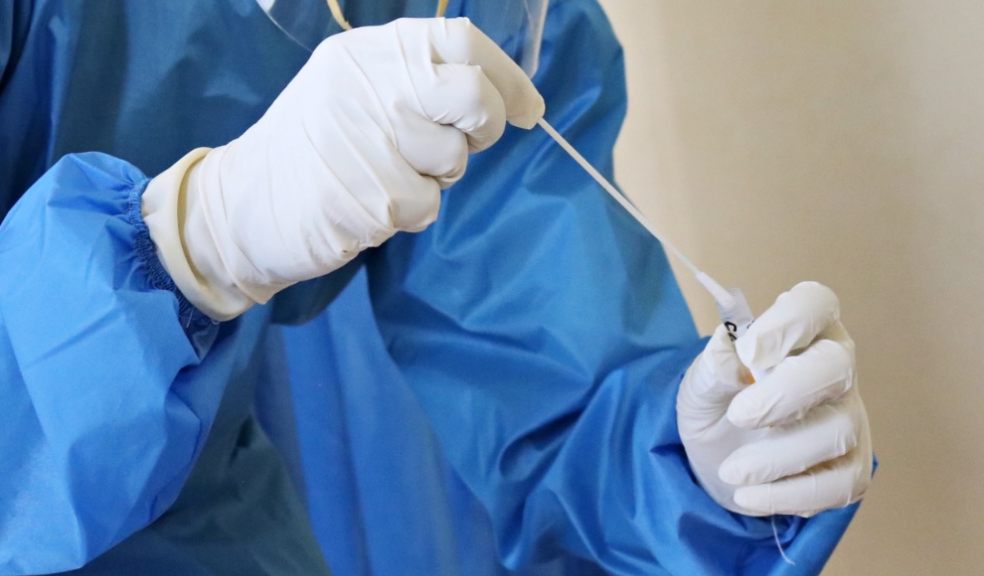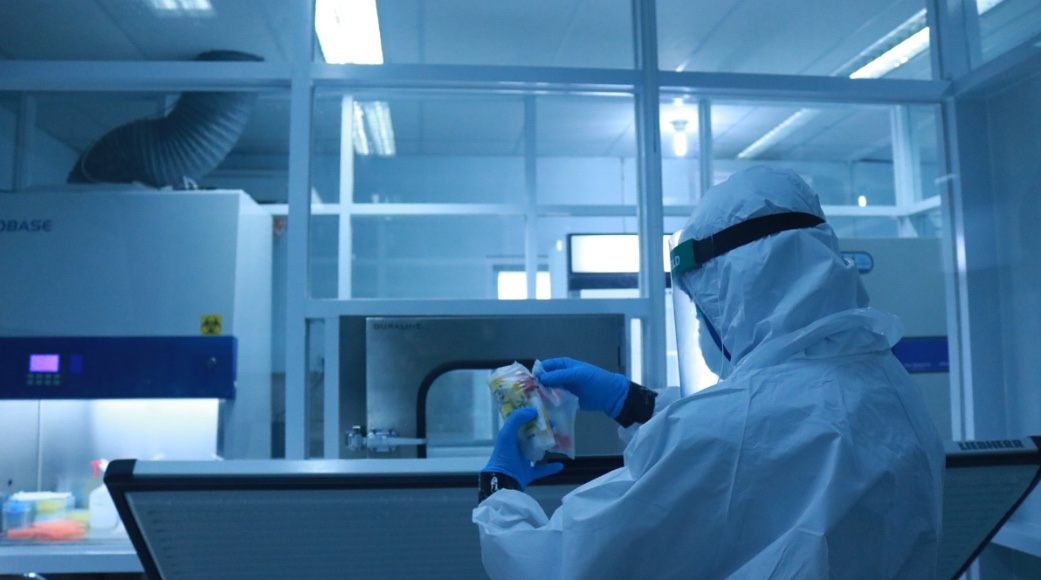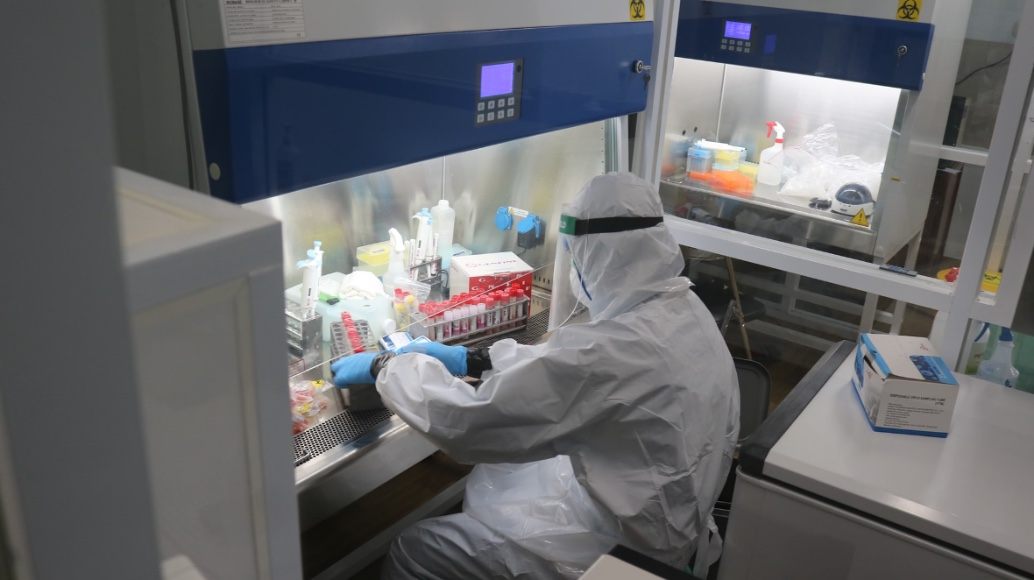
Everything you need to know about the PCR test
If you have ever heard the term Polymerase Chain Reaction (PCR), then you are aware of one of the most important and hottest areas of research in recent years.
Polymerase chain reactions are the way that DNA is replicated within living cells. The replicating DNA is contained within the cytoplasm of the cells. Because of this, whenever DNA is duplicated, both the ends of the strand bond together creating a new strand.
Polymerase Chain Reaction (PCR) is a method used to quickly create millions and millions of copies of any DNA sample, enabling scientists to take an even small piece of DNA and amplify it into a large enough quantity to study in detail.
This method has revolutionised the field of genetics research, allowing researchers to sequence the genetic material of living organisms. As such, PCR amplifies the genetic material contained in any DNA sample. In doing so, it allows scientists to follow the ancestral history of every living organism.
The PCR Testing Process
Using PCR technology, scientists have been able to perform rapid genetic testing on any number of different types of samples. For example, through PCR testing, medical researchers have been able to identify the exact genetic make-up of an individual and thus determine if he or she has a certain illness or disease. This helps in diagnosing genetic health issues.
Likewise, through PCR testing from companies like Randox London, researchers have also been able to identify and reproduce extremely rare viral entities. As such, with the PCR test, anyone can discover whether they have positive results for a viral infection, or negative results - depending on the viral sample being tested.
The most prevalent use recently for the PCR tests has been the COVID-19 outbreak, which has meant that fast and reliable testing has been in great demand.

PCR For Ancestry
If you are interested in learning more about PCR test results, you should contact a DNA testing laboratory. These labs offer a variety of DNA tests to help determine your ancestry.
For example, if you want to trace your paternal family tree, a DNA testing facility can provide you with these tests at no charge.
Similarly, if you want to know the relationship between two individuals, you will need to undergo a paternity test with the assistance of a DNA testing laboratory. If you perform these tests at a DNA testing lab that offers PCR testing, you will find that your results will be mailed directly to you.

DNA vs PCR Tests
A DNA test that performs a molecular scan can determine the origin of a person's hair, eye, or other bodily materials.
Through these tests, medical researchers can identify molecular abnormalities and the factors responsible for causing these abnormalities.
On the other hand, if you want to determine if a person has a certain disease or condition, a DNA test called polymerase chain reactions (PCR) can detect this disease or condition.
While these two tests are relatively simple, they are among the most useful tools that can be used by forensic experts, genetic counsellors, and medical examiners to identify moles, follicles or other abnormalities in a person's body.




















